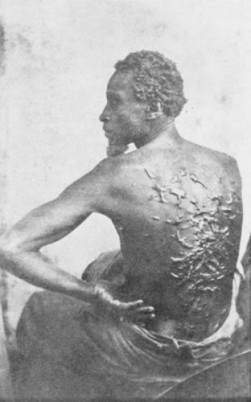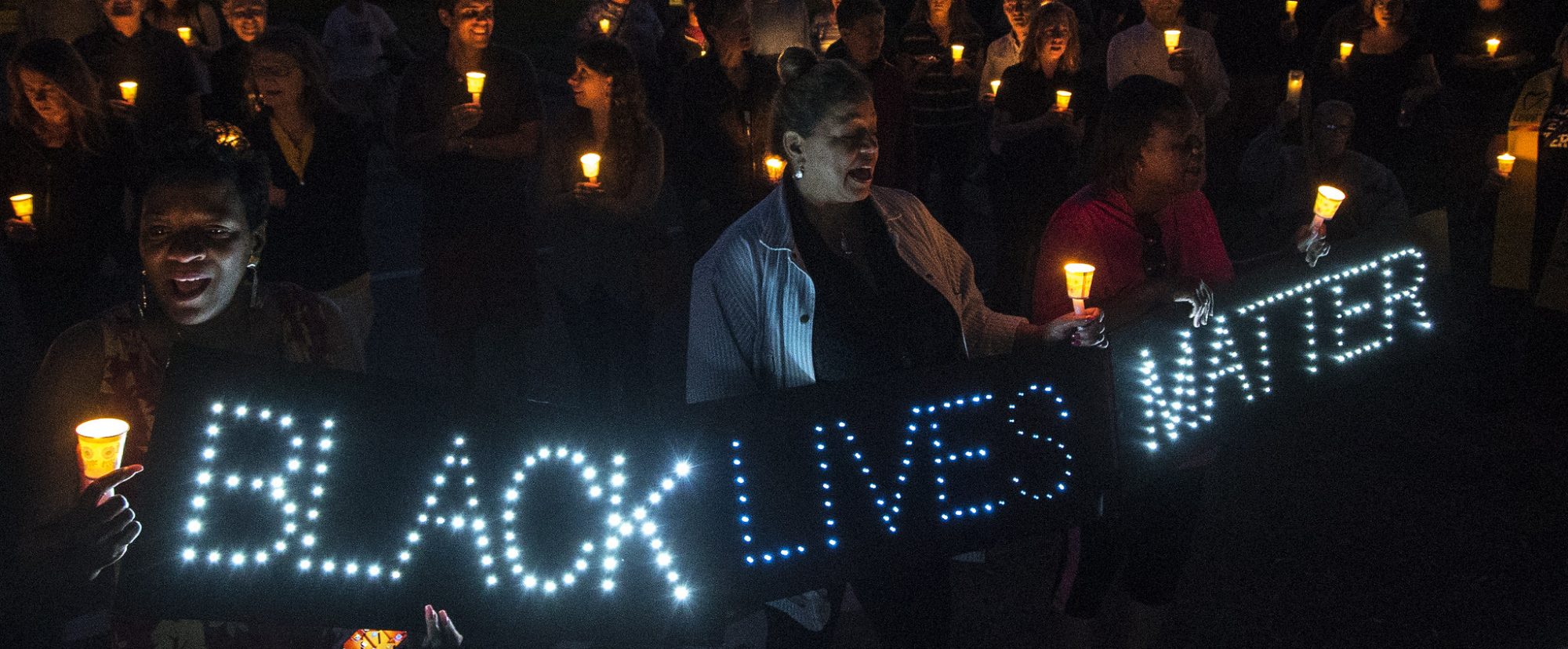by Bethany Stewart
Venmo Your Black Friend $50:
Over the last few years, I’ve put an intentional effort into celebrating my true Independence Day, Juneteenth. June 19th, better known as Juneteenth, is a celebration of the day that the last Southern slaves were made aware that they had been given their due freedom. Unlike the 4th of July, a date that commemorates the freedom of white men back in 1776, Juneteenth feels more like a celebratory matter to me. Every year, I take part in festivals, open mics, movie screenings and this year, I celebrated by taking part in a traditional dinner in honor of my enslaved African ancestors.
However, a few weeks before Juneteenth this year, I ran into a Facebook post entitled “Venmo Your Black Friend $50.” Considering the fact that I am a lot of people’s “Black friend,” this sounded like a great idea. I reposted the item and included my venmo username in the caption along with the message “Give me my reparations so I can buy some *bundles for my birthday.” I also posted it again a few days later, then on twitter, Instagram… and again on Facebook (listen, I have student loans!). Now, quite frankly, I didn’t expect any of my friends to take me seriously (although I definitely wanted them to do so). Why would they? I work not one but two jobs, I have a beautiful apartment, a nice car, I am somewhat comfortable but damn it, I ain’t never been mad at $50! A few days before Juneteenth, I noticed that I had a venmo notification. One of my friends sent me $20 and thanked me for all of the community organizing that I do in the city. I burst into laughter and thought, wow! It worked! Then came Juneteenth and the venmo donations came flooding in. By the end of the day, I had been given $240 by 5 different friends. I was shocked and amused.
Along with the shock and amusement came a tremendous amount of guilt, I felt as if I was manipulating white guilt. I quickly realized that those in my community take me and my work very seriously. Not only do they take my work seriously but they trust me… a lot. As such, I made the decision to donate the money to restorative causes including the Philadelphia Community Bail Fund. But, I could not stop thinking about how seriously my friends were taking the concept of reparations and what that could mean for our church.
Socioeconomic Scars:

I noticed that every one of my friends that donated to my bundles included a message of gratitude and thanksgiving for the social justice work that I do on a daily basis. Their words were a gift but also served as an acknowledgement that they see me. It was a reminder that in my community I am seen, I am known and I am deeply loved. Nevertheless, to see me and to see me fully is to see the history that is etched into the depths of my black American skin. And for every bit of the beauty that lies within my skin, there are deep scars coupled with it. I am the descendant of an enslaved man who was brought to South Carolina from Great Britain to work in torturous conditions and have violence inflicted on his body on a whim. I am the great-granddaughter of people that sought to escape the brutality of lynchings and other Jim Crow sanctioned mistreatment by traveling north during the 2nd Great Migration to Pennsylvania. I am the grand-daughter of a woman whose mother died during childbirth, was forced to drop out of school, raise her siblings and work as a maid for white people with minimal respect for her humanity. I am also the grand-daughter of a fiery red-headed Philadelphian woman who worked multiple jobs to provide her 5 children with a permanent home in Philadelphia. However, she was relegated to a lower-income inner city neighborhood due to the practice of red-lining. I am the cousin to men separated from their families for tremendous lengths of time due to incarceration.
I am detailing my ancestry to explain the vastness of systemic socioeconomic violence inflicted upon myself and generations of Black Americans after the conclusion of reconstruction. Despite the freedom teased in the Emancipation Proclamation, Black Americans have suffered economically under the tyranny of limited job availability due to Jim Crow laws, poor housing and school systems due to red-lining and staggering incarceration rates due to the era of mass incarceration throughout the 1980s and 1990s. Systemic racism has kept our thirst for freedom from being quenched and continues to snatch the cup of financial freedom away. Due to these historic injustices, in 2013, the median net worth of Black families was $11,000 compared to $141,000 for white families. Furthermore, the annual household income for Black families is half that of White families, the same statistic that rang true in the 1950s.
Repent, Repair, Restore and Reconcile:
Recently, I said to two of my close friends that I believe reconciliation to be a 4-step process. We laughed because this breakdown has all the makings of a 1990s Evangelical book series. However, I believe it be true that nothing can be reconciled without restoration and further, there can be no restoration without repentance. All of these components must take place in order for reconciliation to happen. Christ is constantly calling us to all four of these concepts in the gospel because that is the way to remain as one body. Acts 3:19 says “Repent, then, and turn to God, so that your sins may be wiped out, that times of refreshing may come from the Lord.” Repentance is an act of turning away from sin and turning towards God. The American church is and has consistently been implicated in the sin of racism. Many scholars note that racially motivated violence against Blacks in the South often began as a rally on church steps. The American church has also manipulated scriptures as a means of reinforcing the injustice of slavery or erasing the individual stuggles of Black people. Therefore, we must not simply acknowledge the existence of racism but work to turn away from it, to seek true repentance. Once repentance has taken place, the harm must be repaired and restored. In Luke 19:8, we meet Zaccheus, a tax collector that made a living from taking advantage of and stealing from his community members. He says to Jesus “Look, Lord! Here and now I give half of my possessions to the poor, and if I have cheated anybody out of anything, I will pay back four times the amount.” That is an example of the restoration that Jesus is calling us into. Repent or acknowledge the sin and restore your sibling, repair your community. Take stake in your people. And lastly, reconciliation can take place.
Beth, what does this have to do with reparations?

The Reverend Martin Luther King, Jr., once said “it is appalling that the most segregated hour of Christian America is eleven o’clock on Sunday morning.” If the church truly seeks reconciliation, we must work to repent and repair the systemic socioeconomic harm inflicted on our Black siblings. Taking reparations seriously can serve as a first step in repentance and reconciliation. What does that look like for you?
- If you live in Pennsylvania, contact your local Senators Pat Toomey and Bob Casey to ask that they consider a study on reparations in America.
- Ask your local Black political, community and church leaders what their thoughts are? (Don’t force the issue of course)
- Consider being led by a black congregant in a reparatory fundraising effort for a local neighborhood school, hospital in a black neighborhood or a donation to a black cause like the Philadelphia Community Bail Fund.
- Lastly but most importantly, pray about it. Ask God for a taste of his justice and clarity. Ask him to lead you towards repentance.
Again, reparations is bigger than just venmoing your Black friend $50. It has the capacity for repentance, reconciliation and righteousness as Christ compels us to live.
If you want to hear my friends and I talk more about reparations, racism and the church. Listen to our podcast, Color Correction, on Apple podcasts, Stitcher, Google Play, Soundcloud and Spotify.
*Bundles is a common colloquialism used to describe individual groups of hair weave purchased for hair weave styles.
Suggested Reading:
“The Case for Reparations” by Ta-Nehisi Coates
“The Color of Compromise” By Jemar Tisby
“White Fragility” by Robin Diangelo

I enjoyed this blog so much. Even though I was, at first, horrified by your receiving reparations from your friends! The more you talked to me, the more I get it. I am so proud of you and your bold step of putting your request out there. Even though I struggled with the concept of reparations, because how do you repair that breach of the horrors of slavery and Jim Crow. Perhaps, it begins with the Venmoing a friend $50 for her bundle! 🙂 I am so proud of you, Bethany, and all that you do!!
LikeLike
Thanks, I hope this blog conveyed that it’s bigger than the $50, it’s about repentance and repair
LikeLike